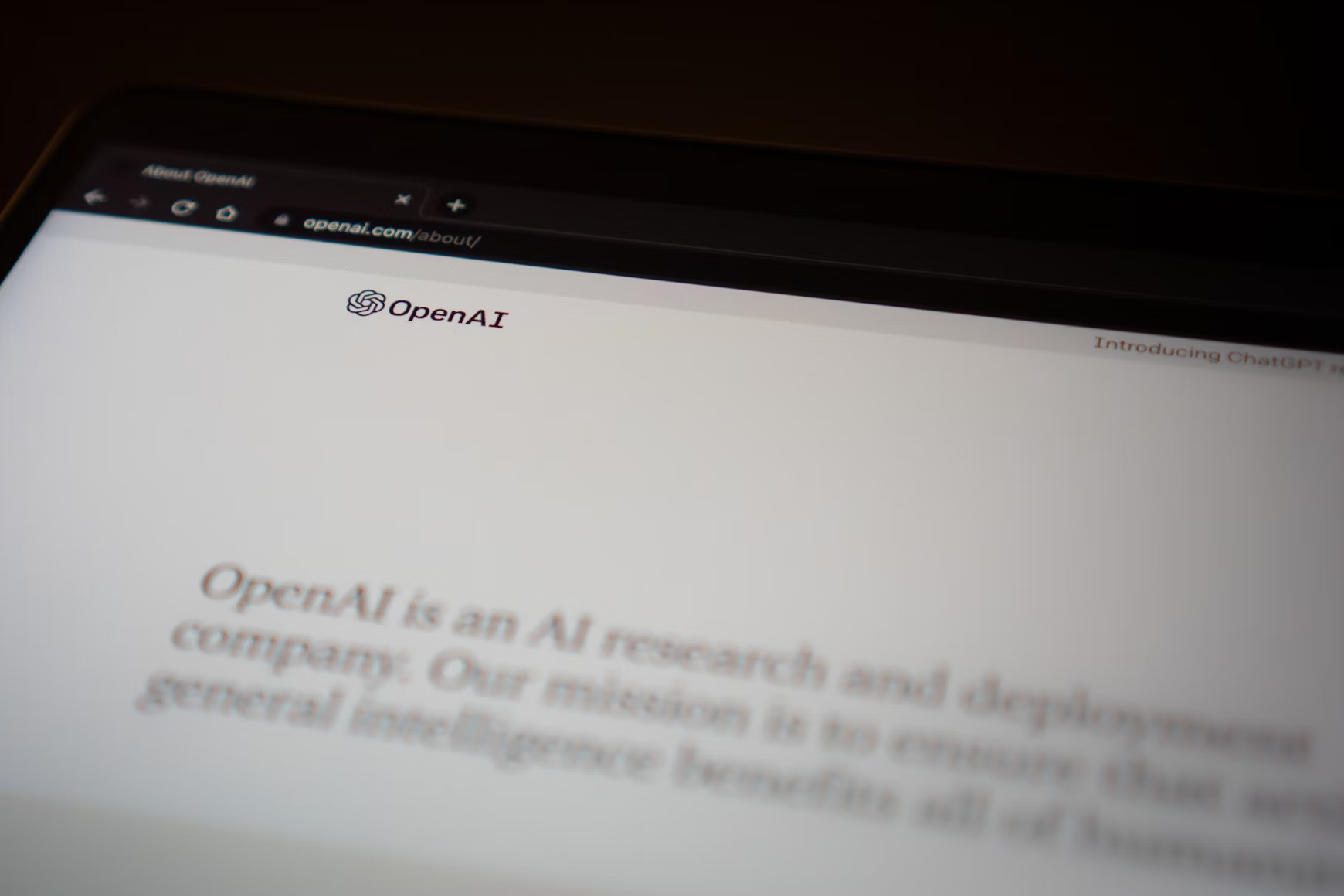
Hours after initial reports surfaced, OpenAI announced it has removed the feature in ChatGPT that allowed users to make their conversations publicly discoverable by search engines. The company described this as a short-lived experiment that “introduced too many opportunities for folks to accidentally share things they didn’t intend to.”
How Public Chat Sharing Worked — and What Went Wrong
For a brief period, if you filtered Google, Bing, or other search engines to show only URLs from the domain https://chatgpt.com/share, you could access conversations that strangers had intentionally shared from ChatGPT.
Some of these public chats were mundane — covering topics like bathroom renovations, astrophysics, or recipe ideas. Others were more personal or bizarre, including users asking ChatGPT to rewrite resumes or trolling the AI with absurd questions such as whether it’s safe to microwave a metal fork.
It’s important to note that ChatGPT conversations are not made public by default. Users had to deliberately click a “share” button, then create a public link, and finally opt in to make that link discoverable by search engines.
Despite these safeguards, many users likely did not realize that once shared and made public, their conversations could be indexed by search engines, potentially exposing personal information. (Apologies to one user whose LinkedIn profile was easily found through details shared in their public conversation.)
Search Engines and Publicly Shared Content
Google and other search engines index content available on the web, but they do not control what is published or made public by websites or users. Google noted that publishers have full control over whether their pages get indexed.
This situation mirrors other platforms like Google Drive, where users can make documents public with “Anyone with link can view” settings, which can also appear in search results if linked from a public website.
An OpenAI spokesperson stated that ChatGPT chats are private unless users choose to share them. The company had been experimenting with making shared chats discoverable via search engines to make it easier to find helpful conversations, but the feature was recently ended after feedback highlighted privacy risks.
What The Author Thinks
Allowing AI chat conversations to become publicly searchable, even with opt-in measures, poses significant privacy risks. Users often share sensitive or personal information without fully grasping the consequences of making these conversations discoverable online. OpenAI’s quick decision to remove this feature is a necessary step, but it underscores a broader need for AI companies to prioritize user control and transparent communication about data visibility from the start. As AI becomes more integrated into daily life, privacy safeguards must evolve to match the technology’s power.
Featured image credit: Jonathan Kemper via Unsplash
For more stories like it, click the +Follow button at the top of this page to follow us.
